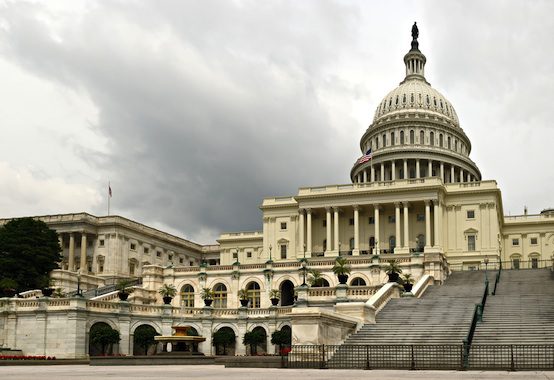How the Tea Party Becomes a Force for Big Government

There are three kinds of victories that Ted Cruz and his Tea Party admirers might have won in the government shutdown. The first is a victory in policy—defunding or delaying Obamacare or else securing significant cuts to government.
The second is a victory in the court of public opinion—coming out of this with the electoral prospects for small-government conservatives enhanced.
The third, a victory that might be salvaged from the wreck of the other two, is psychological—a strengthening of the Tea Party’s own willingness to fight and win another day.
Take an objective look at the score.
The shutdown did not extract policy concessions from Obama. The Affordable Care Act is funded and in effect. Instead of shrinking government, the shutdown grew it, directly costing taxpayers $3.1 million. “Although furloughed workers will get their back pay, taxpayers won’t see the products,” ABC News notes. Whatever projects the furloughed workers were undertaking are still being pursued, of course, only now the workers have had a paid vacation, albeit one that most of them would rather not have had.
Not only did the shutdown not get the policy results its supporters wanted, but Cruz’s tactic itself wasted millions of dollars of other people’s money. In public opinion, meanwhile, the shutdown plunged Republicans to record-low approval ratings. That won’t cost someone like Cruz his seat, but it also won’t make other politicians more eager to support his positions in the future.
That leaves the question of psychology. There lies the biggest defeat of all because Cruz’s actions turned the Tea Party against its own small-government ideals.
Shutdown supporters have told themselves that even if the odds proved insurmountable, this battle had to be fought on principle. Something positive has come out of this: psychological satisfaction in doing the right thing, which will translate into greater resolve in the future.
But is anyone who is psychologically satisfied by actions that in fact cost taxpayers additional money, and that are counterproductive in the public arena, really an opponent of big government? A feeling of courageous satisfaction here is perverse: it subverts the principle it’s supposed to support.
Imagine what the Tea Party would accomplish if this incident became paradigmatic: government would grow, anti-government sentiment would be discredited, and the people responsible for both would continue to applaud themselves as the only true champions of limited-government principle.
The self-defeating emotionalism of Ted Cruz’s admirers won’t allow them to think through this problem. Instead they present themselves with a false dilemma between Cruz’s counterproductive incompetence and RINO liberalism. That there could be a more intelligent strategy for limited government than merely doing what feels good never occurs to them—it’s too painful to contemplate.